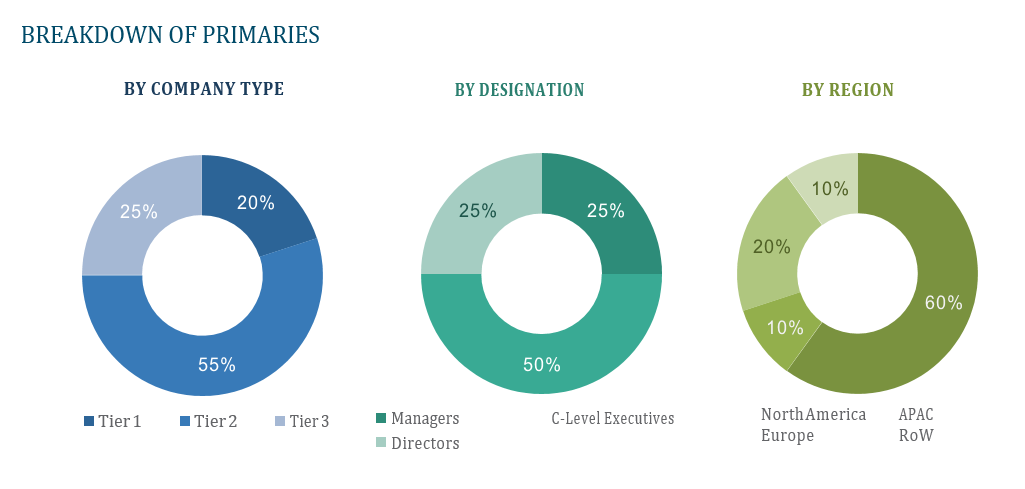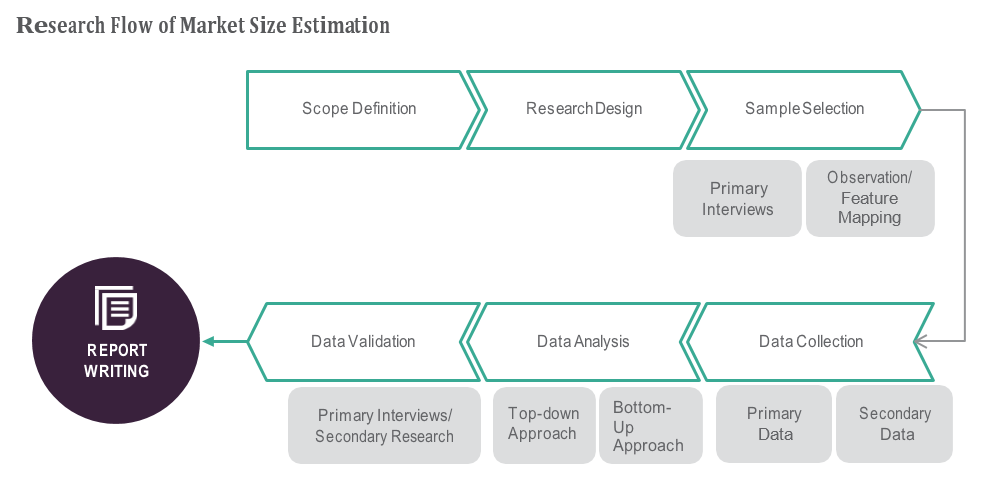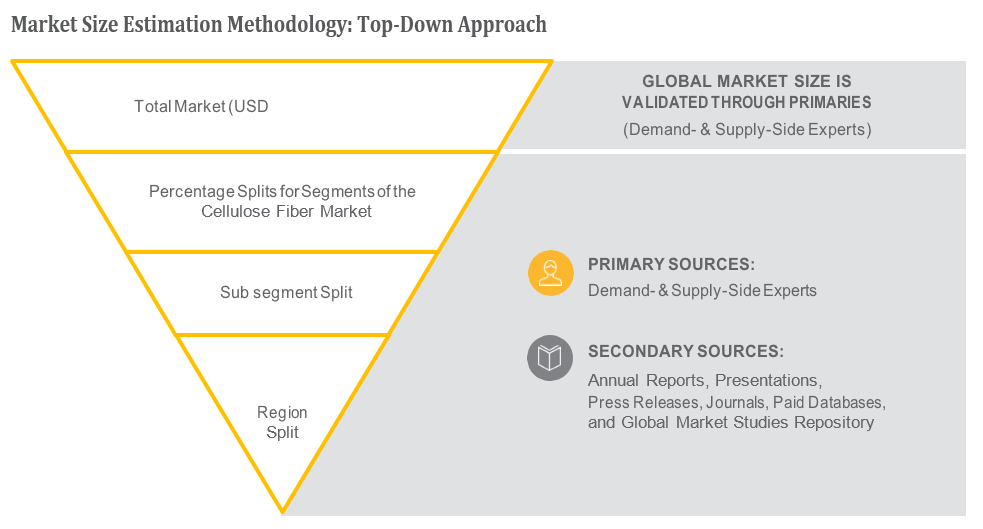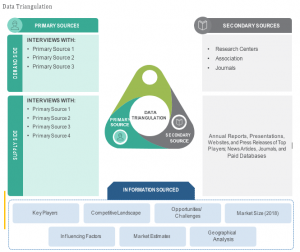OVERVIEW
The Epigenetics Market is currently valued at USD 1.8 billion in 2024 and will be growing at a CAGR of 18.3% over the forecast period to reach an estimated USD 4.3 billion in revenue in 2029. The epigenetics market is a dynamic and burgeoning sector within the broader field of life sciences, driven by the increasing understanding of how gene expression is regulated beyond the DNA sequence. Epigenetics involves the study of heritable changes in gene function that occur without changes in the DNA sequence itself, encompassing modifications such as DNA methylation, histone modification, and non-coding RNA activity. This field holds immense potential for applications in healthcare, agriculture, and pharmaceuticals, offering insights into disease mechanisms, personalized medicine, and crop improvement. With advancements in technology, including next-generation sequencing and high-throughput screening methods, the epigenetics market is poised for continued growth, fostering innovation and discovery in understanding the complex interplay between genetics and the environment.
First and foremost is the increasing recognition of epigenetic mechanisms’ crucial role in various diseases, including cancer, neurological disorders, and metabolic conditions. This awareness has led to growing research efforts and investments in epigenetic therapies and diagnostics. Additionally, the demand for personalized medicine and targeted therapies has surged, with epigenetic profiling offering valuable insights into individual treatment responses and disease progression. Moreover, the expanding applications of epigenetics in agriculture, such as crop improvement and environmental adaptation, contribute to market growth. Advancements in technology, such as next-generation sequencing and advanced imaging techniques, further propel the market by enabling more precise and efficient epigenetic analysis.
Table of Content
Market Dynamics
Drivers:
First and foremost is the increasing recognition of epigenetic mechanisms’ crucial role in various diseases, including cancer, neurological disorders, and metabolic conditions. This awareness has led to growing research efforts and investments in epigenetic therapies and diagnostics. Additionally, the demand for personalized medicine and targeted therapies has surged, with epigenetic profiling offering valuable insights into individual treatment responses and disease progression. Moreover, the expanding applications of epigenetics in agriculture, such as crop improvement and environmental adaptation, contribute to market growth. Advancements in technology, such as next-generation sequencing and advanced imaging techniques, further propel the market by enabling more precise and efficient epigenetic analysis.
Key Offerings:
In the dynamic landscape of the epigenetics market, key offerings encompass a spectrum of products and services designed to facilitate research, diagnostics, and therapeutic development. This includes a variety of epigenetic analysis tools, such as DNA methylation arrays, chromatin immunoprecipitation assays, and bisulfite sequencing kits, enabling researchers to study epigenetic modifications with high precision and throughput. Additionally, companies offer software solutions for data analysis and interpretation, streamlining the complex process of extracting meaningful insights from epigenomic data. In the realm of diagnostics, there are emerging technologies for detecting epigenetic biomarkers associated with various diseases, providing clinicians with valuable tools for early detection and personalized treatment strategies. Moreover, the market features a growing array of epigenetic-based therapeutics, including drugs targeting epigenetic enzymes or modifying gene expression patterns, paving the way for innovative treatments across a range of medical conditions.
Restraints :
The interpretation of epigenomic data is often intricate, requiring sophisticated computational algorithms and bioinformatics expertise, which may limit accessibility and hinder widespread adoption. Additionally, concerns regarding the ethical implications of epigenetic manipulation, particularly in the context of germline editing and heritable changes, raise regulatory and societal hurdles that may slow progress in certain areas. Moreover, the high costs associated with epigenetic research, including technology acquisition, experimental validation, and clinical trials, present financial barriers for both academic research and commercial endeavors. Furthermore, standardization and reproducibility issues in epigenetic assays and data analysis methodologies can undermine the reliability and robustness of research findings, impeding translational efforts and clinical applications.
Regional Information:
• In North America, particularly in the United States and Canada, the epigenetics market is thriving due to robust government funding for research initiatives, a well-established healthcare infrastructure, and a strong presence of leading biotechnology and pharmaceutical companies. The region boasts a highly skilled workforce and a conducive regulatory environment, which fosters innovation and facilitates the development and commercialization of novel epigenetic technologies and therapeutics. Moreover, increasing collaborations between academia and industry fuel research advancements and propel market growth.
• In Europe, countries like the United Kingdom, Germany, and France are at the forefront of epigenetics research, benefiting from significant investments in scientific research and development. The region’s emphasis on personalized medicine and translational research accelerates the adoption of epigenetic-based diagnostics and therapies.
• Asia-Pacific, led by China, Japan, and India, is witnessing rapid growth in the epigenetics market fueled by increasing healthcare expenditure, a burgeoning biotechnology sector, and rising awareness of the potential applications of epigenetics in disease management and precision medicine.
Recent Developments:
• In August 2023, PacBio (US) acquired Apton Biosystems (US) to accelerate the development of a next-generation, high-throughput, short-read sequencer.
• In March 2022, Thermofisher Scientific Inc (US) launched the CE IVD Marked Next Generation Sequencing Instrument designed to be used in in clinical laboratories to perform both diagnostic testing and clinical research on a single instrument
Key Market Players:
Illumina, Thermo Fisher Scientific, QIAGEN, Abcam, Merck KGaA, Active Motif, Agilent Technologies, Bio-Rad Laboratories, New England Biolabs, and Zymo Research.
Frequently Asked Questions
1) What is the projected market value of the Epigenetics Market ?
– The Epigenetics Market is expected to reach an estimated value of USD 4.3 billion in revenue by 2029.
2) What is the estimated CAGR of the Epigenetics Market over the 2024 to 2029 forecast period?
– The CAGR is estimated to be 18.3% for the Epigenetics Market over the 2024 to 2029.
3) Who are the key players in the Epigenetics Market ?
– Illumina, Thermo Fisher Scientific, QIAGEN, Abcam, Merck KGaA, Active Motif, Agilent Technologies, Bio-Rad Laboratories, New England Biolabs, and Zymo Research.
4) What are the drivers for the Epigenetics Market ?
– The growing recognition of epigenetic mechanisms’ role in diseases like cancer, neurological disorders, and metabolic conditions has led to increased research and investments in epigenetic therapies and diagnostics. The demand for personalized medicine and epigenetic profiling is also increasing, driven by advancements in technology.
5) What are the restraints and challenges in the Epigenetics Market ?
– Epigenomic data interpretation is complex and requires advanced computational algorithms and bioinformatics expertise, potentially limiting accessibility and adoption. Ethical concerns, high costs, and standardization issues in assays and data analysis methodologies can also hinder progress in certain areas.
6) What are the key applications and offerings of the Epigenetics Market ?
– The epigenetics market offers various products and services for research, diagnostics, and therapeutic development. These include epigenetic analysis tools, data analysis software, and emerging technologies for detecting biomarkers associated with diseases. The market also features epigenetic-based therapeutics targeting enzymes or gene expression patterns, paving the way for innovative treatments.
7) Which region is expected to drive the market for the forecast period?
– North America is expected to have the highest market growth from 2024 to 2029
Why Choose Us?
Insights into Market Trends: Global Market Studies reports provide valuable insights into market trends, including market size, segmentation, growth drivers, and market dynamics. This information helps clients make strategic decisions, such as product development, market positioning, and marketing strategies.
Competitor Analysis: Our reports provide detailed information about competitors, including their market share, product offerings, pricing, and competitive strategies. This data can be used to inform competitive strategies and to identify opportunities for growth and expansion.
Industry Forecasts: Our reports provide industry forecasts, which will inform your business strategies, such as investment decisions, production planning, and workforce planning. These forecasts can help you to prepare for future trends and to take advantage of growth opportunities.
Access to Industry Experts: Our solutions include contributions from industry experts, including analysts, consultants, and subject matter experts. This access to expert insights can be valuable for you to understand the market.
Time and Cost Savings: Our team at Global Market Studies can save you time and reduce the cost of conducting market research by providing comprehensive and up-to-date information in a single report, avoiding the need for additional market research efforts.












